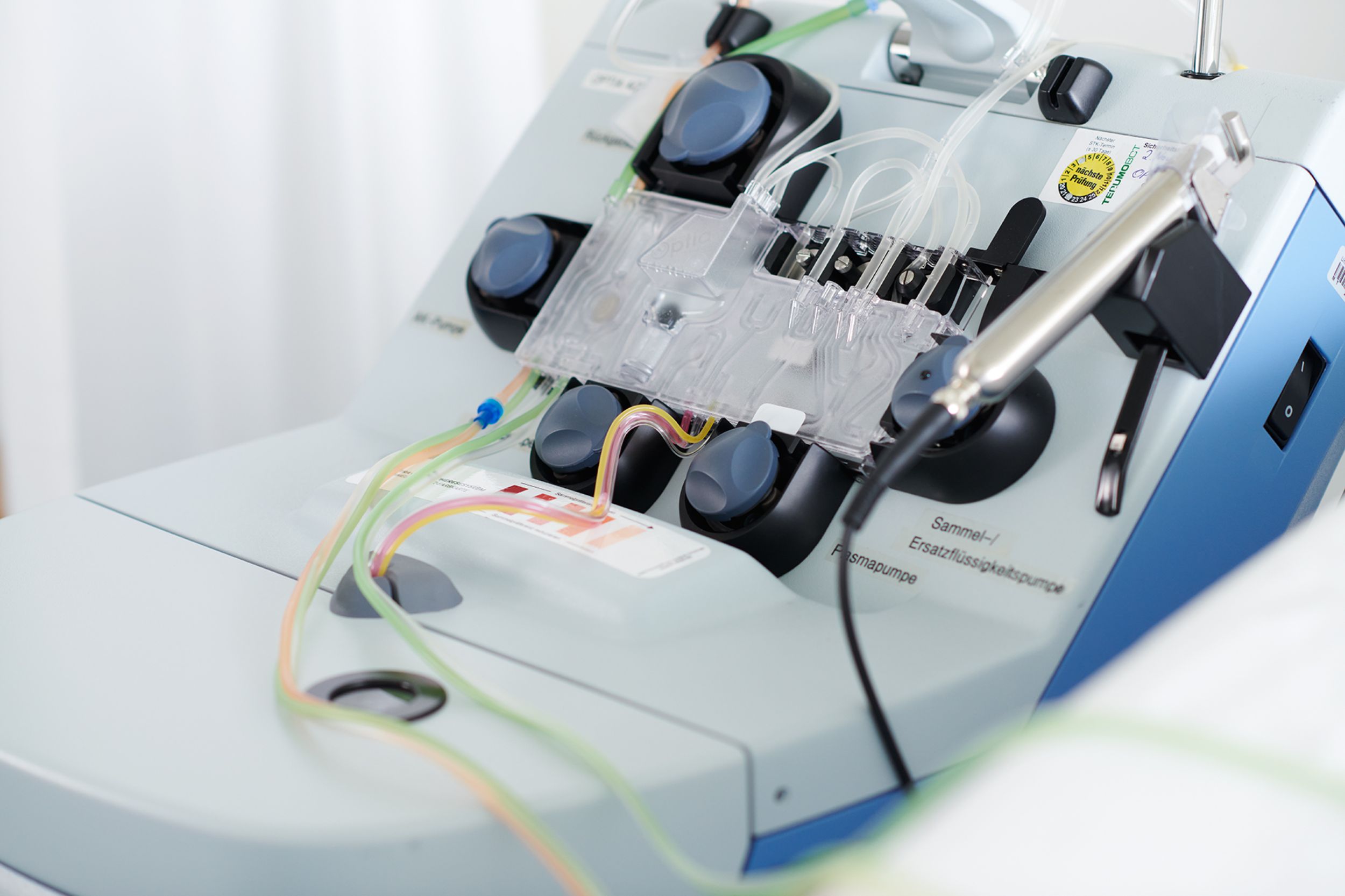
Offer
Below you will find information on the services offered by the Hematology Department. The range of services offered by the Hematology Clinic includes
- Hematology consultation hours (clarification and treatment, aftercare).
- Isolation ward (treatment of leukemia, bone marrow failure, stem cell transplantation).
- Day clinic (transfusions, outpatient chemo- and immunotherapies).
- Apheresis unit (therapeutic and preparative apheresis)
- Coagulation unit (clarification and advice on coagulation and bleeding disorders)
- Diagnostic haematology (complex clarification of blood disorders).
- Consultation service (internal and external advice on hematology issues).
- Experimental hematology.
Range of services
Apheresis
In the apheresis unit, both preparative apheresis (autologous and allogeneic stem cell apheresis, lymphocyte and monocyte apheresis) and therapeutic apheresis (plasmapheresis, cell apheresis, photopheresis) are carried out under the medical direction of the SRC Basel Blood Donation Center and in collaboration with the Haematology Department.
Contact us
During office hours (8.00-18.00):
Apheresis assistant physician/senior physician: +41 61 265 25 25
Apheresis room (nursing): +41 61 328 68 60 (direct)
Outside office hours (18.00-8.00):
Haematology duty doctor: +41 61 265 25 25
m_haematologie_apherese@usb.ch
Medical management

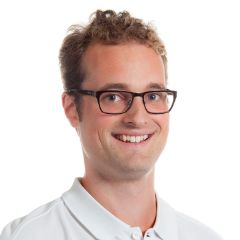
Blood Donation Center SRK Basel / Stem Cell & Blood Donation
Cellular products from the blood (lymphocytes, monocytes, stem cells), which are required for stem cell transplantation or other forms of cellular treatment in patients, are produced in the cell replacement outpatient clinic.
On the one hand, stem cells are obtained from patients after previous chemotherapy, which are then re-infused after further chemotherapy (autologous stem cell transplantation). On the other hand, stem cells are collected from healthy donors (siblings or voluntary stem cell donors) (allogeneic stem cell transplantation) and later transplanted into patients.
For autologous collection, the patients are cared for by the haematology doctors.
The healthy donors are tested by the doctors at the SRC Basel Blood Donation Center (BSZ) for suitability to donate, cared for and monitored for the rest of their lives after donation.
Stem cell donation is carried out using cell separation equipment; the same equipment is used for therapeutic apheresis (plasma exchange, leukapheresis, blood exchange).
Bone marrow donation from healthy donors is carried out by doctors from the Hematology Department and the Blood Donation Center, as well as by members of the Hematology Stem Cell Team in the operating theatre.
The Blood Donation Center provides the necessary blood products (erythrocyte concentrates, platelet concentrates, blood plasma) required for the supportive treatment of patients.
Donor care is provided in accordance with the guidelines of the Swiss Transfusion Service SRC. The SRC Basel Blood Donation Center is part of the Basel Stem Cell Transplant Team.
Registration for stem cell & blood donation
Blood Donation Center SRK Basel
Hebelstrasse 10
4056 Basel
Phone +41 61 265 20 90
Hematology registration
Opening hours
| Monday, Tuesday, Wednesday | 10.00 - 14.00 16.00 - 19.00 |
| Thursday, Friday | 07.30 - 14.00 |
| Every 2nd and 4th Saturday of the month | 09.00 - 14.00 |
| Sunday | closed |
Diagnostic hematology
Diagnostic Haematology is responsible for diagnosis and tissue typing based on the latest scientific findings. It is responsible for the processing and storage of stem cells, including umbilical cord blood. It manages the outpatient consultation hours for the clarification of complex hematological diseases.
Diagnostic Haematology and Experimental Haematology work very closely together.
Management
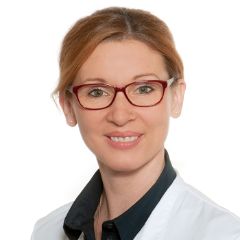
Dr. Corinne Widmer
Leitende Ärztin
Hämatologie, Diagnostische Hämatologie
Fachleiterin Diagnostische Hämatologie
Tel. +41 61 32 86275
Experimental Hematology
Experimental Haematology conducts state-of-the-art research on normal and malignant haematopoietic stem cells at an internationally recognized level.
Management
Hematology & hemostasis consultation
The outpatient consultation hours at the Medical Polyclinic of the University Hospital Basel serve to clarify and treat patients with specific hematological and hemostasiological diseases together with their general practitioners. The focus is on anemias, hemoglobopathies, leukopenias, thrombopenias, leukemias, myeloproliferative syndromes, paraproteinemic diseases, iron overloads, thrombophilia and hemophilia.
Registration for hematology & hemostasis consultation
Head of Hematology Consultation & Consultation Service

Head of Hemostasis Consultation & Hemophilia Reference Center

Dr. med. et Dr. phil. nat. Patrick Bättig
Kaderarzt
Hämatologie, Diagnostische Hämatologie
Fachverantwortlicher Hämostase, Leiter Hämophilie Zentrum
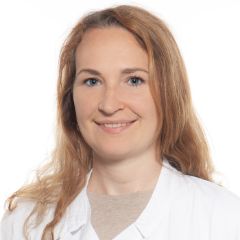
Hemovigilance
Haemovigilance is responsible for monitoring the transfusion chain before, during and after transfusions. Reports of adverse transfusion reactions, errors and near misses are registered, analyzed and forwarded to Swissmedic in accordance with the applicable Therapeutic Products Act (TPA Art.16, Art.25, Art.59). There is a statutory reporting obligation for all adverse transfusion reactions, errors and near misses.
Procedure in the event of a suspected transfusion reaction
e.g. fever, chills, dyspnea, exanthema/itching or hypotension
ever in temporal connection with a transfusion
- Stop transfusion, disconnect and secure the blood product.
- Measure vital signs, administer oxygen if necessary
- Inform the responsible doctor
- Telephone the Blood Donation Center (BSZ) Tel. no. 52091
- Fill out the "Internal Hemovigilance Notification Form" sent by the BSZ.
- Blood collection according to the form, 1x 2 blood cultures from the recipient, as well as an EDTA tube and a serum tube for immunohematology
- Residual product, tubes and form in a pneumatic tube bomb and send to BSZ (RoPo 2090)
This procedure only applies to transfusion reactions at the University Hospital Basel.
Contact person

Isolation ward
The isolation ward is part of the stem cell transplant center and is a competence center for the treatment and care of patients with severe haemato-oncological diseases. The main treatment options are intensive chemotherapy, autologous or allogeneic hematopoietic stem cell transplants or anti-lymphocyte globulin therapy (ATG) for aplastic anemia and myelodysplastic syndrome. The isolation ward also specializes in the treatment of graft-versus-host disease (GvHD) and palliative care for known patients. Treatments are based on the latest national and international cooperative study protocols and include close collaboration with research groups (translational research).
Due to their illness and treatment, patients in the isolation ward are more susceptible to infections caused by common pathogens and opportunistic germs. The aim of protective care is to safely bridge the phase of lacking resistance to infection. This protection is not absolute; the measures are based on a defined cost-benefit ratio. The isolation ward treats and cares for patients under conditions of so-called reverse isolation. Individual rooms are available for this purpose, which are ventilated with filters and positive internal pressure to prevent fungal spores from entering the patient rooms. Technical measures ensure low-germ service water in the patient rooms.
In addition to the immune deficiency, the treatment of the underlying disease and supportive care pose numerous problems. The isolation ward offers integral and competent care and guarantees professional simultaneous administration of cytostatics, antibiotics, antiemetics, blood products, parenteral nutrition and numerous other substances that help to alleviate symptoms and prevent complications. Patient care is embedded in the consultation services of the specialists at the University Hospital Basel and care is provided in a network with professional psychological care, physiotherapy, nutritional advice, social services and pastoral care.
The following video illustrates your stay in the isolation ward of the hematology ward and explains the procedure for a stem cell transplant.
Insight into stem cell transplantation
Insight into stem cell transplantation
Aperçu de la greffe de cellules souches
Approfondimento sul trapianto di cellule staminali
Insight into stem cell transplantation
Insight into stem cell transplantation
Aperçu de la greffe de cellules souches
Approfondimento sul trapianto di cellule staminali
Management
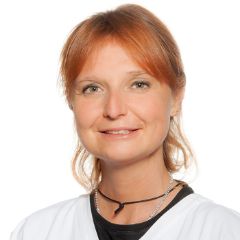
Psycho-oncology
The diagnosis of a haematological disease and the necessary treatments often mean a serious change in the lives of those affected and their relatives. A stem cell transplant offers great opportunities, but also involves risks. The time before, during and after the stem cell transplant places varying demands on both the patient's body and psyche. The physical problems that may arise during the course of treatment can lead to psychological problems. Feelings of exhaustion, insecurity, anxiety, depression or a lack of perspective can occur. These are initially to be understood as quite normal reactions to the great stress of the treatment.
For most patients, the support of family and friends is most important during this time. It can also be helpful to seek professional psycho-oncological support. The Clinic for Hematology therefore offers you targeted psycho-oncological support as a supplement to medical therapy, both during your inpatient stay and in outpatient aftercare. This offer is also aimed at relatives.
Psycho-oncological support
through individual, couple and family discussions:
- In acute crises
- When coming to terms with the illness and coping with the consequences of the illness
- When dealing with anxiety, depressive reactions, traumatic experiences
- When learning suitable relaxation and imagination techniques
- Referral to psychosocial counseling centers, outpatient psychotherapists, self-help groups
Your contact persons
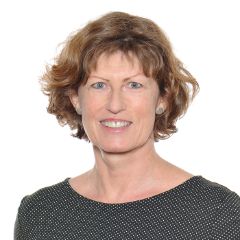
Dipl. Psych. Birgit Maier
Oberpsychologin
Onkologie, Hämatologie, Psychosomatik
Psychoonkologische Psychotherapeutin WPO

Malui Katrischa Frei, M.Sc.
Psychologin, wiss. Mitarbeiterin
Hämatologie, Psychosomatik
Cell replacement outpatient clinic & day clinic
The day clinic of the isolation ward is used for the preliminary clarification and follow-up care of intensive hematology treatment or a stem cell transplant. Treatment is carried out in collaboration with the referring doctors and includes clinical examinations, transfusions, infusions, administration of additional medication, psychosocial care and counseling.
Registration
Management
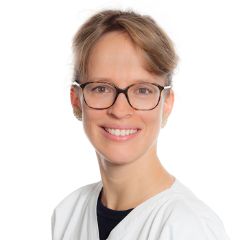
Patient day and presentations
Our Patient Day is held annually for patients and their relatives. Patients and relatives attended the presentations and workshops on physical and mental well-being after a stem cell transplant. Participants also have time to talk to other patients and members of the treatment team.
Patient Day 2025
Information on the subject of travel
Information on stem cell transplants and chemotherapy
In many cases, a hematological disease is associated with great uncertainty for the patients directly affected, but also for their relatives.
In order to be better informed, you will find detailed information about "Allogeneic and autologous blood stem cell transplantation and chemotherapy" on the following website:
